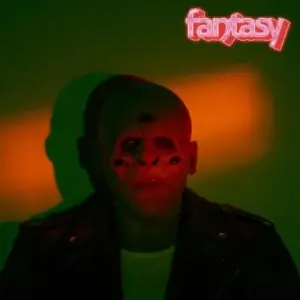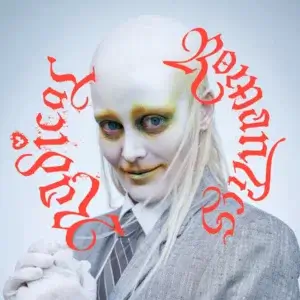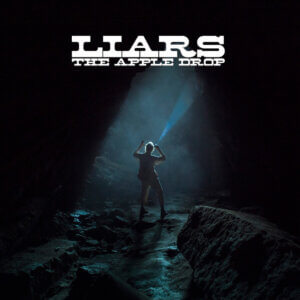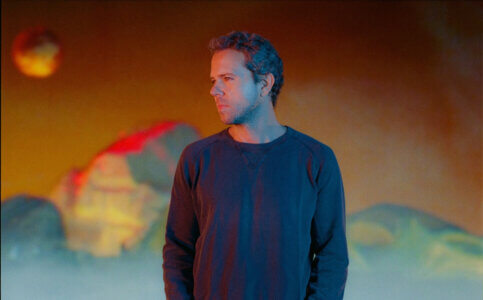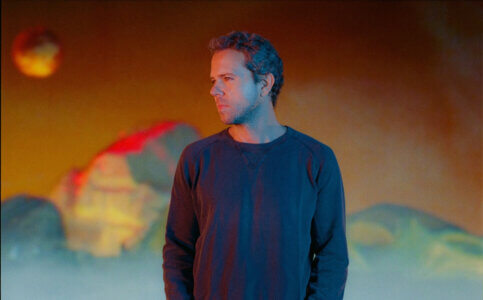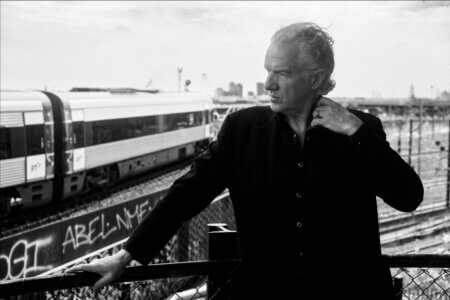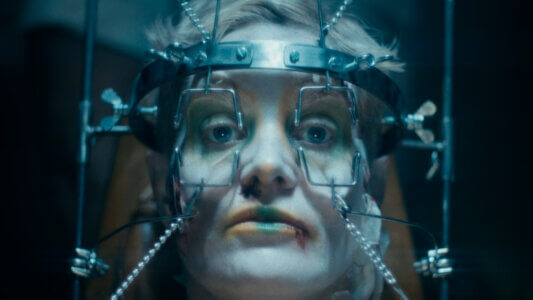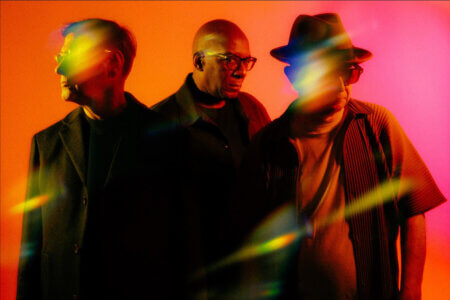
7.0
DSVII
M83
This isn’t your typical M83 album. No, really, it isn’t: in fact, it’s a sequel to Anthony Gonzalez’s 2007 album, Digital Shades Vol. 1 – a largely ambient, instrumental shift from his usual material. Having seemingly expressed a desire in recent interviews to distance himself from his previous successes — particularly his transcendent, highly-acclaimed signature song, “Midnight City” — and make something more left-of-centre, that’s exactly where Gonzalez has decided to take his primary musical project, M83. Instead of a proper follow-up to either 2011’s instant classic double LP, Hurry Up, We’re Dreaming, or 2016’s disappointing follow-up, Junk, Gonzalez takes a complete left turn to focus instead on a different type of musical project altogether — namely, 15 tracks worth of soundscapes that are more reminiscent of Brian Eno than of soaring, shoegazey dream pop.
Recording the album entirely with analog equipment, and being mostly instrumental, this is not the epic, sweeping M83 many of us have become accustomed to with songs like “Lower Your Eyelids to Die With the Sun” of albums past — in fact, things don’t even get particularly epic until its closer, “Temple of Sorrow”; a number that initially simmers and builds up slowly with ambient effects before choir vocals and a powerful analog synth riff and drums come along to give it a more bombastic tone relative to most of the project — in other word, Gonzalez’s bread and butter, just approached in a different way. Like many of M83’s later albums, this project feels somewhat cinematic in scope, though that’s not particularly surprising since Gonzalez has counted ‘80s fantasy and sci-fi films among this album’s biggest influences. Another even stronger influence is video games from that decade, with tracks like “Meet the Friends” and “A Word of Wisdom” featuring flute effects recalling The Legend of Zelda; which, of course, saw its first game released in 1986.
The album itself is spacey and emotionally arresting, eschewing pop choruses and a flair for grandiosity in exchange for a fantastical, nostalgia-driven sonic experience — or at least, he tries to. Opening number “Hell Riders” takes around two minutes before the music even truly kicks in, and what follows is a ton of flamenco-style guitar plucking with an angelic choir and synths soon thereafter. Songs like “Goodbye Captain Lee” and “Feelings” keep those themes flowing, while “Lune de Fiel”, meanwhile, is heavy on fast-paced, densely-mixed synth parts with simple-but-loud drums — probably as grandiose as the LP gets to the point. The project has its high points, but certain frequent sonic tropes make it a repetitive listen at times, as most tracks flow nicely with one another almost to a fault.
While it still doesn’t feel like a proper follow-up to Junk, DSVII remains a cohesive, intriguing sonic detour for M83, even if certain moments are more engaging and captivating than others. Gonzalez has described how he wanted the album to feature “the depth of a proper studio album without the pressure of providing pop music,” and he mostly succeeds on that front.
Words by Dave MacIntyre
Latest Reviews
Tracks
Related Albums
Related News
Advertisement
Looking for something new to listen to?
Sign up to our all-new newsletter for top-notch reviews, news, videos and playlists.





